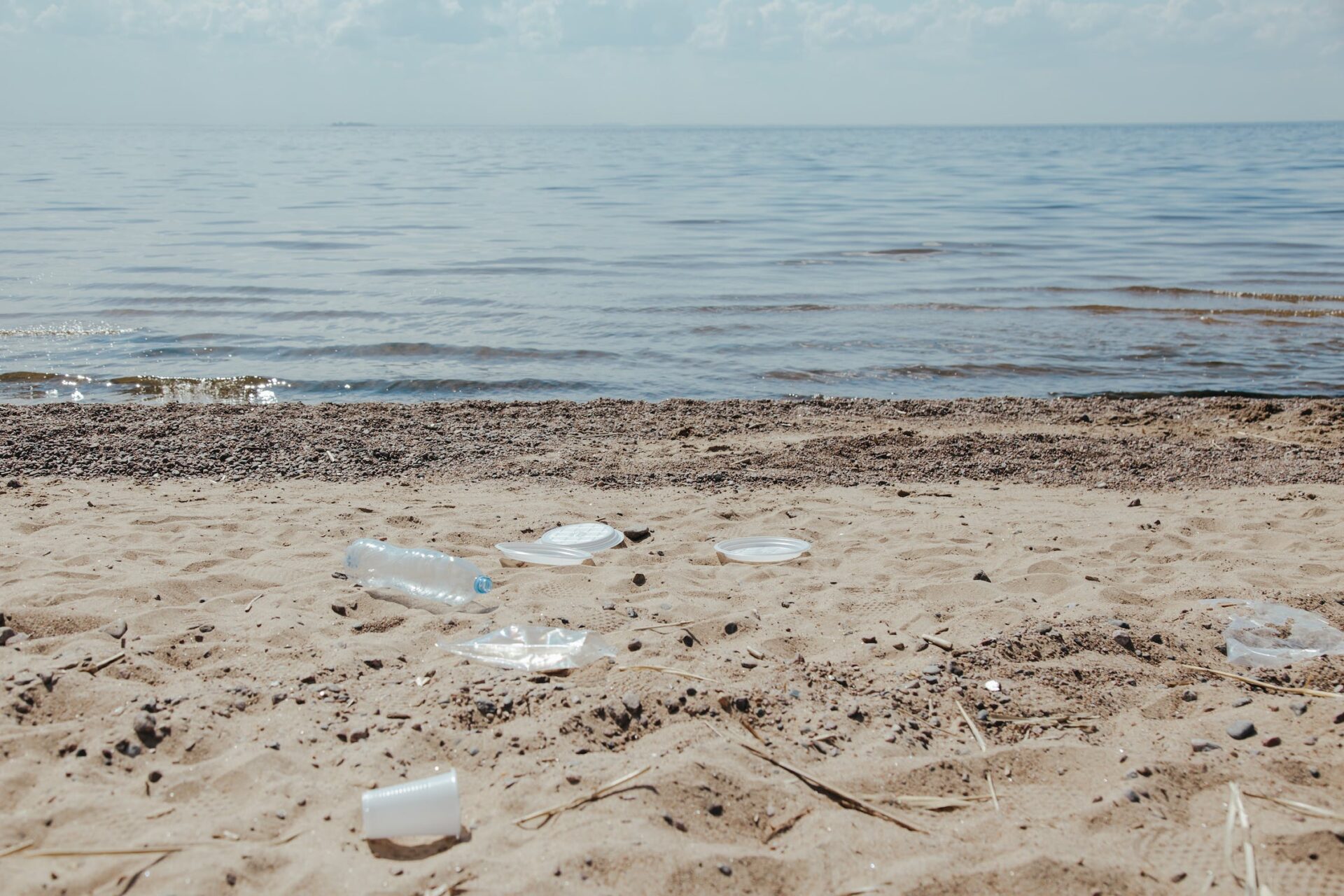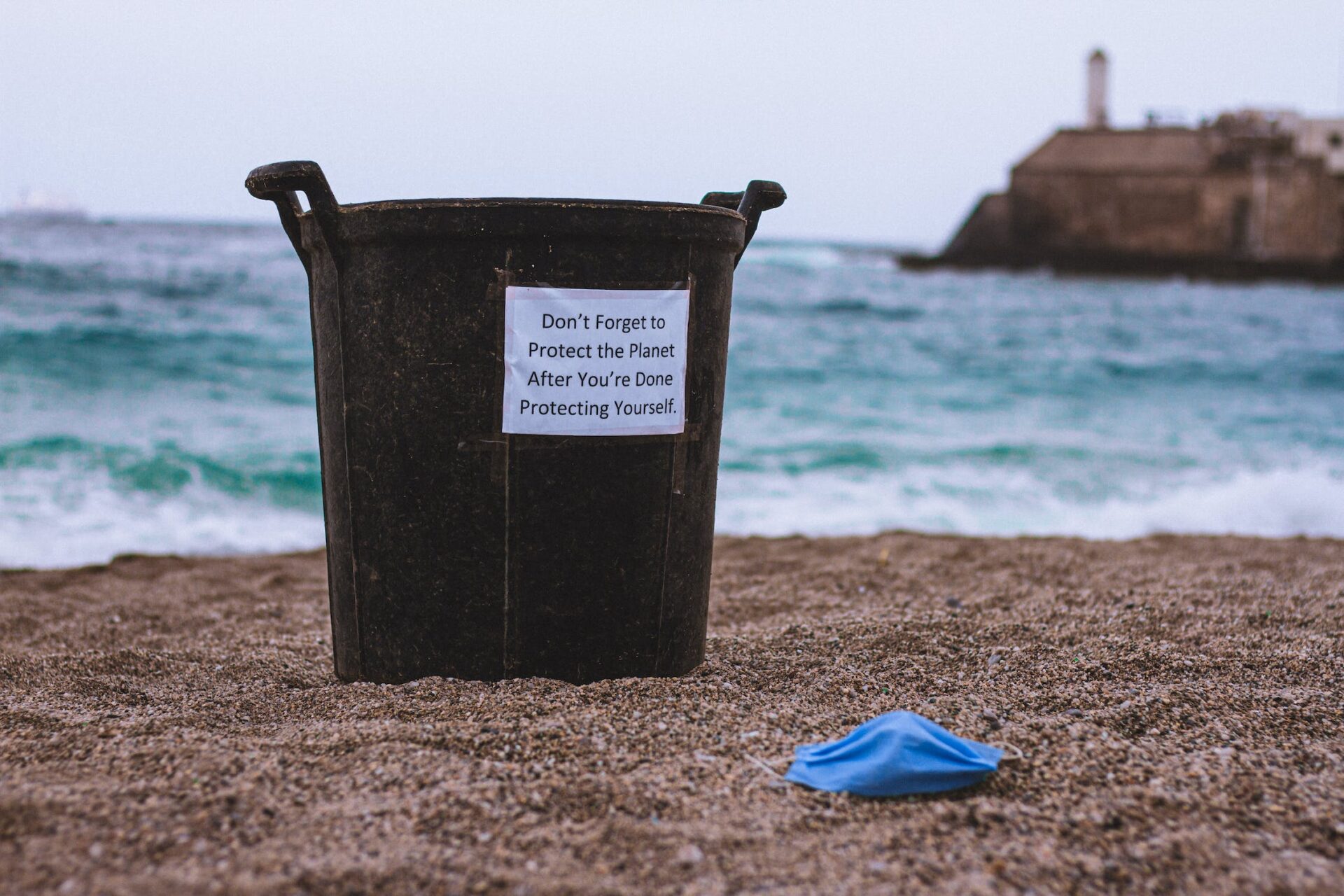The Ocean is the heart of our planet. It is the air we breathe as it produces over half of the world’s oxygen and absorbs 50 times more carbon dioxide than our atmosphere. The ocean is an integral part of human life and the rest of the planet as it feeds us and helps regulate our climate. It also serves as the foundation for much of the world’s economy, supporting sectors from fisheries to tourism to international shipping. As humans, it is we who benefit most from our ocean so it is also imperative for us to be advocates for marine conservation.
The ocean is widely destroyed by selfish human acts. One of the most significant reasons behind this is plastic pollution. Floating plastics are amongst the most dangerous and threatening materials due to their ability to break into microscopic pieces; these pieces would soon be ingested by marine animals and would eventually be killed.
Small changes make a great impact. If we are to be acting responsibly, our ocean would still be useful for many generations to come. We, at DivingNotes, are a strong advocate for marine conservation. We acknowledged the benefits and importance of our marine life – as well as the risks and the dangerous threats it experiences right now. We have listed down 5 ways that you can be of big help to our ocean.
It is never too late to:
Say no to single-use plastics
 Plastic debris poses a major risk to both human and animal health by releasing hazardous compounds into the environment. Over 700 marine species have been researched to consume plastic, including half of the world’s cetaceans (whales and dolphins), all sea turtle species, and a third of the seabird species. When animals consume plastic, it may obstruct their digestive tract, resulting in a lengthy, starvation-induced death. The fact that plastic bags take a very long time to degrade has a significant negative influence on the environment. Additionally, when plastic bags decompose under sunlight, hazardous compounds are released into the soil, and when plastic bags are burned, a toxic substance is discharged into the air, contributing to ambient air pollution.
Plastic debris poses a major risk to both human and animal health by releasing hazardous compounds into the environment. Over 700 marine species have been researched to consume plastic, including half of the world’s cetaceans (whales and dolphins), all sea turtle species, and a third of the seabird species. When animals consume plastic, it may obstruct their digestive tract, resulting in a lengthy, starvation-induced death. The fact that plastic bags take a very long time to degrade has a significant negative influence on the environment. Additionally, when plastic bags decompose under sunlight, hazardous compounds are released into the soil, and when plastic bags are burned, a toxic substance is discharged into the air, contributing to ambient air pollution.
A ban on single-use plastic not only cuts pollution, but it also lessens the demand for plastics that contribute to climate change. Recall that the three R’s—reduce, reuse, and recycle—should be followed in that sequence. If there are no other options, consider if you absolutely need the plastic or if there is an alternative. If there isn’t, choose to reuse the plastic goods as many times as you can, including by purchasing products that have already been recycled.
Conserve water
Since 71% of the earth is covered in water, some people can’t help but wonder: Why should we conserve? It only makes sense that we should protect and maintain this priceless resource given the rising rates of the global population and the little proportion of the planet’s total water supply that is fit for human consumption.
Reduce your water usage to prevent wastewater and excess runoff from entering the ocean. Since each of us relies on water to maintain life, it is up to us to educate ourselves on water conservation and how we can keep our sources clean and secure for future generations.
Participate in a Cleanup
 Do beach cleanups really make a difference? They actually do. You removed a piece of litter from the environment, you also helped reduce the likelihood that it may enter our waters. Both people and marine life can be harmed by trash in the environment. Pick up the trash on your neighborhood beach, park, or road to prevent it from entering the marine ecosystem.
Do beach cleanups really make a difference? They actually do. You removed a piece of litter from the environment, you also helped reduce the likelihood that it may enter our waters. Both people and marine life can be harmed by trash in the environment. Pick up the trash on your neighborhood beach, park, or road to prevent it from entering the marine ecosystem.
Projects to clean up the beaches have results. Our individual carbon footprint is decreased by reducing our use of plastic. Debris removal from beaches decreases pollution’s effects on our waters.
Use less energy
Burning fossil fuels (such as coal, oil, or gas) releases the gas carbon dioxide into the atmosphere and powers our homes, workplaces, and automobiles but it terribly hurts our environment. More heat means a warmer ocean, which is taking its toll on marine life.
We can greatly reduce our energy use and carbon emissions by making little lifestyle adjustments. Instead of using the dryer, try drying your laundry on a rack or clothesline. To get to work or school, you can bike, ride the bus, or carpool. Replace obsolete appliances and light bulbs with newer, more energy-efficient models.
Educate ourselves
The first step to conservation is awareness. The more you study the problems affecting this important system, the more you’ll want to do your part to keep it healthy. Use what you’ve learned to inspire and educate others. Awareness involves influence.
Our ocean’s preservation must always come first. The health of our planet and the health of our population depend on marine biodiversity. To reduce overfishing, marine pollution, and ocean acidification, marine protected areas must be well-managed, well-resourced, and subject to regulations.

